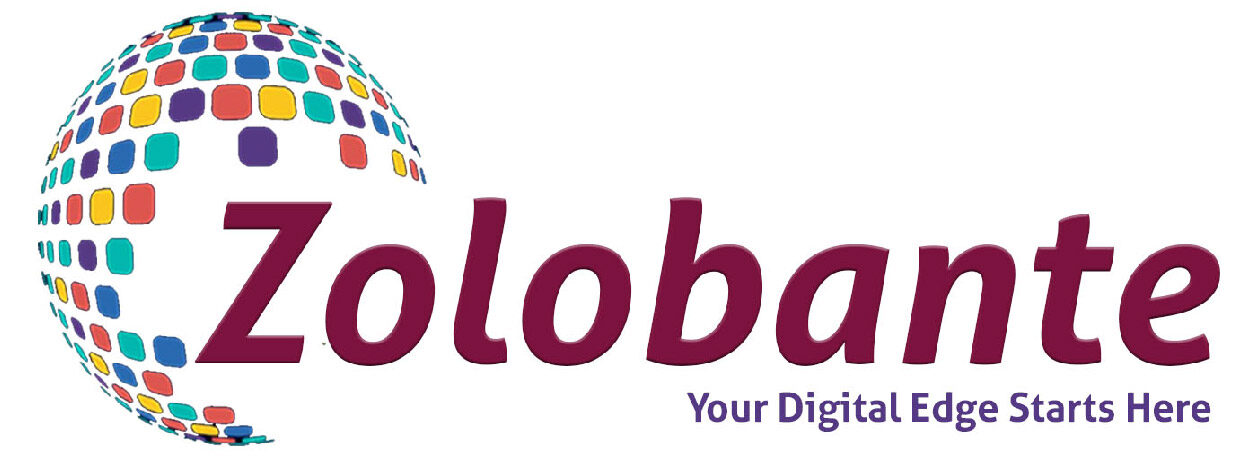
Africa is fast becoming a hub of technological innovation and digital transformation. Driven by a young, entrepreneurial population and increasing access to mobile connectivity, African nations are leveraging technology to solve local problems and compete globally. From fintech and e-commerce to Healthtech and Agritech, the continent is charting a bold path into the future.
A Digital Revolution in Progress
While Africa has historically lagged behind in infrastructure development, it has leapfrogged into the digital age thanks to widespread mobile phone adoption. Over 75% of Africans now use mobile phones, and mobile internet access is expanding rapidly. This connectivity is the foundation for a thriving tech ecosystem.
Major cities like Lagos (Nigeria), Nairobi (Kenya), Cape Town (South Africa), and Kigali (Rwanda) have emerged as technology hotspots, attracting venture capital and global interest.
Key Sectors Driving African Tech
1. Fintech (Financial Technology)
Fintech is arguably the most dynamic tech sector in Africa. Platforms like Flutterwave, Paystack, and M-Pesa are revolutionizing how Africans send money, pay for services, and conduct business—especially in areas without traditional banking infrastructure.
2. Healthtech
Innovative startups are using AI, drones, and mobile platforms to improve healthcare access and diagnosis. Companies like Zipline use drones to deliver medical supplies in Rwanda and Ghana, while apps like mPharma help manage pharmaceutical distribution and pricing.
3. Agritech
Agriculture employs over half of Africa’s population. Startups like Twiga Foods (Kenya) and Farmcrowdy (Nigeria) use technology to connect farmers with markets, provide climate data, and optimize supply chains.
4. E-commerce and Logistics
Platforms such as Jumia, often called the “Amazon of Africa,” are expanding online shopping access. Logistic solutions are also booming, with companies like Kobo360 streamlining freight and delivery systems.
5. EdTech
With education gaps across many regions, platforms like uLesson and Eneza Education provide digital learning tools tailored to local curricula and languages.
Investment and Global Interest
African startups raised over $6 billion in venture capital funding between 2021 and 2024, with Nigeria, Kenya, South Africa, and Egypt leading the way. Global tech giants like Google, Microsoft, and Facebook have launched initiatives to support African developers, build data centers, and fund local innovation.
Challenges on the Horizon
Despite its growth, African technology faces several hurdles:
Internet affordability and infrastructure gaps, especially in rural areas.
Electricity shortages and unreliable power grids.
Policy and regulatory issues that can hinder startup growth.
Digital literacy and access to STEM education.
However, governments and private sectors are increasingly working together to address these challenges through national broadband plans, startup incentives, and partnerships with international organizations.
A Glimpse into the Future
The future of African technology is bright and borderless. With the expansion of 5G networks, blockchain applications, AI-powered services, and tech-enabled public services, the continent is positioned to be a major contributor to the global tech landscape.
Youth-led innovation, backed by strategic investment and smart regulation, is Africa’s key to unlocking inclusive growth and digital prosperity.
Conclusion
African technology is more than just a success story—it’s a movement reshaping the continent. By building solutions tailored to African realities and scaling them globally, Africa is not only catching up but also setting the pace in areas of innovation. The world is watching, and Africa is ready.




